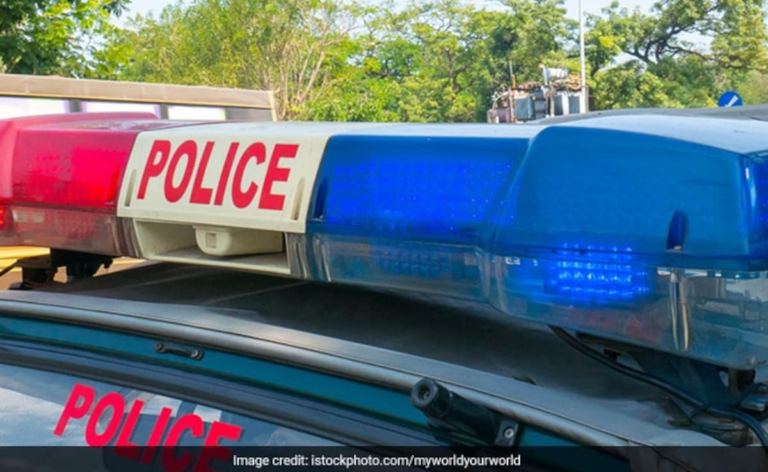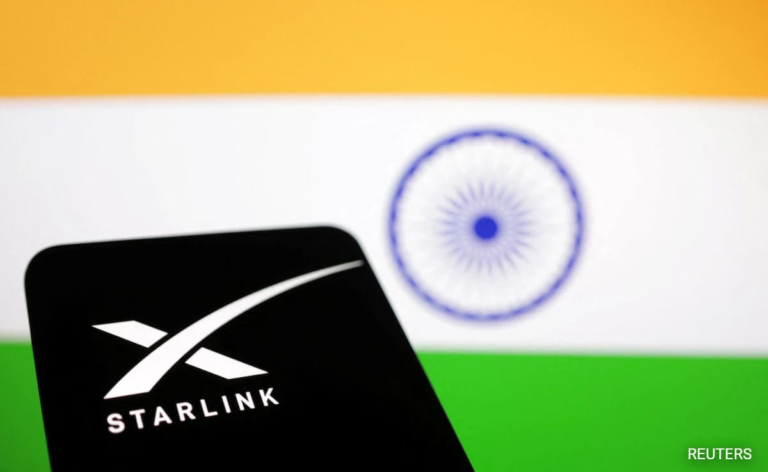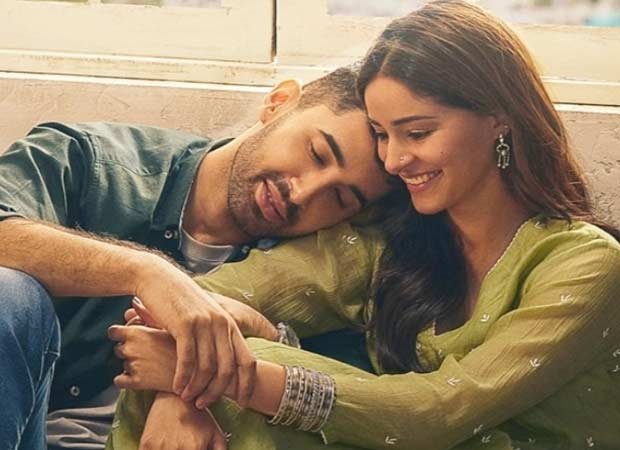
Mr Rijju also flagged the need for additional polling personnel and security forces. (File)
New Delhi:
The government on Friday batted for holding simultaneous elections to Lok Sabha and state assemblies, saying it would result in huge saving to the public exchequer, as it listed out “imperatives” such as amending the Constitution and bringing all political parties on board before carrying out the gigantic exercise.
In a written reply in Lok Sabha, Law Minister Kiren Rijiju said a parliamentary panel had examined the issue of simultaneous elections to Lok Sabha and State Legislative Assemblies in consultation with various stakeholders, including the Election Commission. The Committee made certain recommendations in this regard.
“The matter now stands referred to the Law Commission for further examination to work out a practicable road map and framework for simultaneous elections …,” Mr Rijiju said.
Simultaneous elections, he noted, would result in huge savings to the public exchequer and avoid replication of effort on part of administrative and law and order machinery in holding repeated elections. It would bring considerable savings to political parties and candidates in their election campaigns.
“Further, asynchronous Lok Sabha and Legislative Assembly elections (including by-election) result in prolonged enforcement of Model Code of Conduct with its concomitant adverse impact on developmental and welfare programmes,” the minister said.
He also listed out “major impediments/imperatives” for synchronisation for Lok Sabha and Legislative Assembly elections.
He said the change would require amendments in “not less than five” articles of the Constitution — article 83 relating to duration of Houses of Parliament, article 85 relating to dissolution of Lok Sabha by the President, article 172 relating to duration of the state legislatures, article 174 relating to dissolution of the state legislatures, and article 356 relating to the imposition of President’s Rule in the states.
Before the proposal is implemented, it would also require obtaining consensus of all political parties.
“Having regard to the federal structure of our system of governance, it is imperative that consensus of all state governments is also obtained,” the minister pointed out.
He said it would also require an additional number of electronic voting machines and VVPATs (paper trail machines), “which would cost a huge amount, might be in thousands of crores (of rupees).” “Considering that the life of a machine is only 15 years, this would imply that machine would be used for about three or four times in its life span, entailing huge expenditure in its replacement after every 15 years”.
He also flagged the need for additional polling personnel and security forces.
He said the department-related Parliamentary standing committee on Personnel, Public Grievances, Law and Justice in its 79th report had highlighted that in South Africa, elections to national as well as provincial legislatures are held simultaneously for five years and municipal elections are held two years later.
In Sweden, elections to national legislature (Riksdag) and provincial legislature/county council (landsting) and local bodies/municipal assemblies (Kommunfullmaktige) are held on a fixed date — second Sunday in September for four years.
In the UK, the term of Parliament is governed by the Fixed-term Parliament Act, 2011, he informed the house.
(Except for the headline, this story has not been edited by NDTV staff and is published from a syndicated feed.)
source
The post is published through a synidicated feed and is attributed to NDTV



